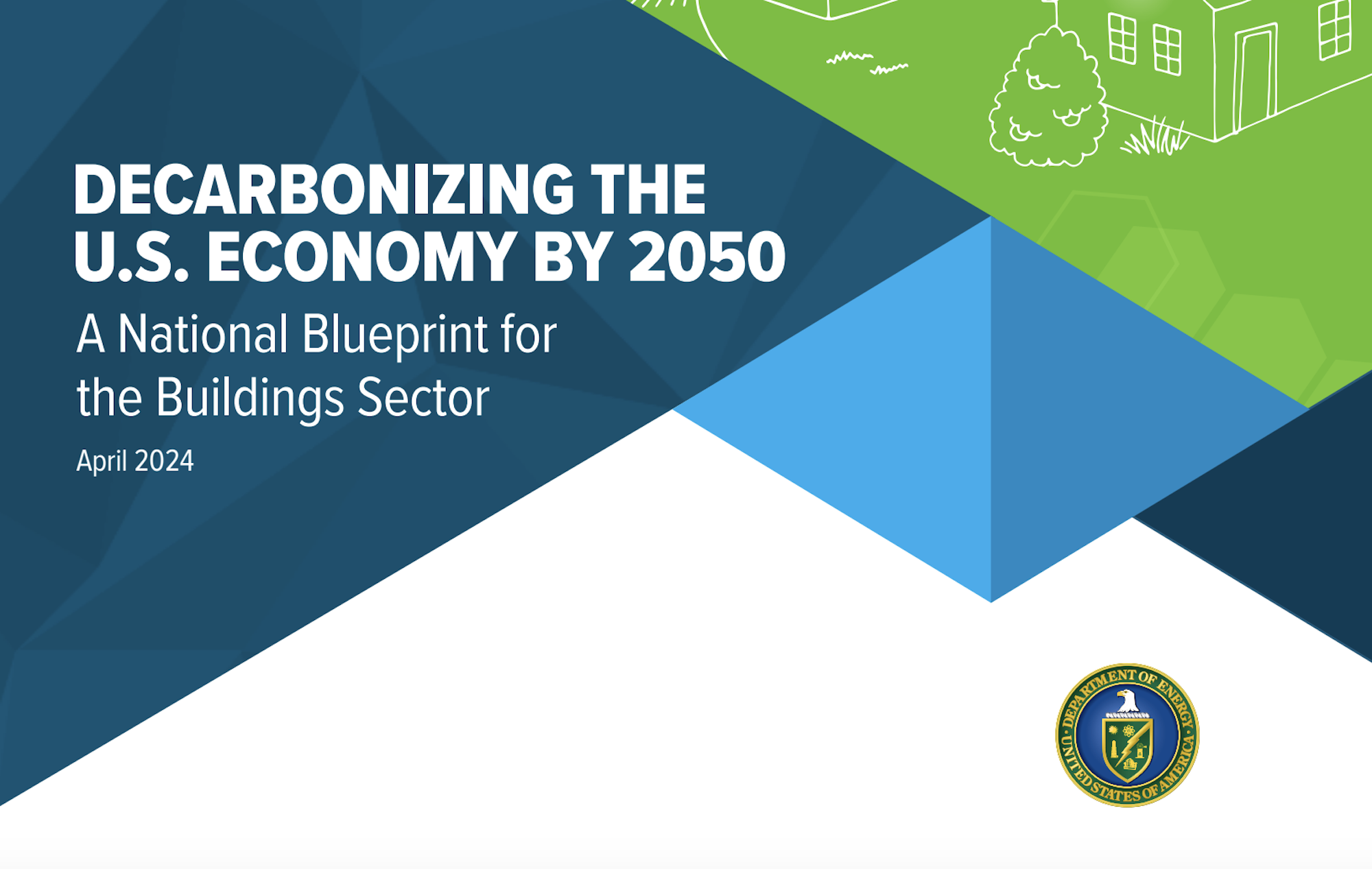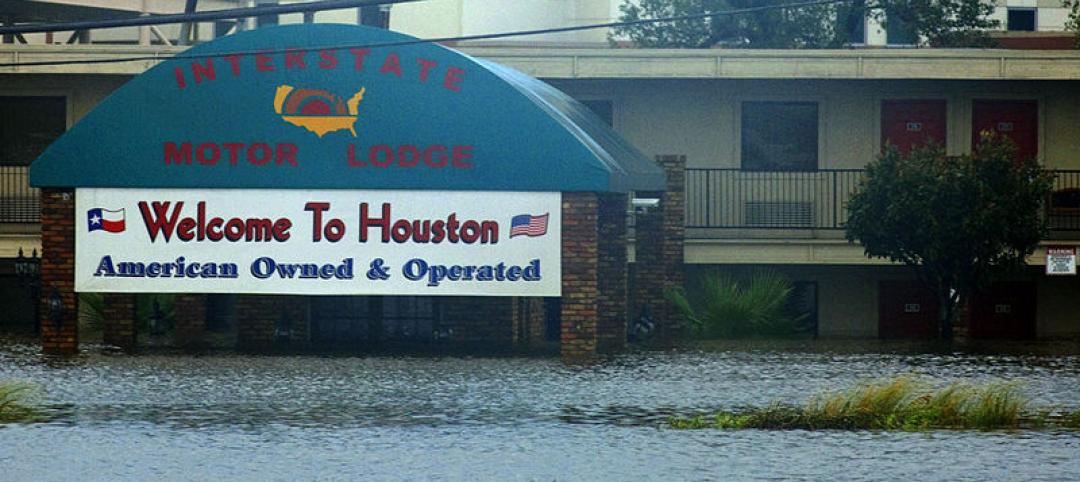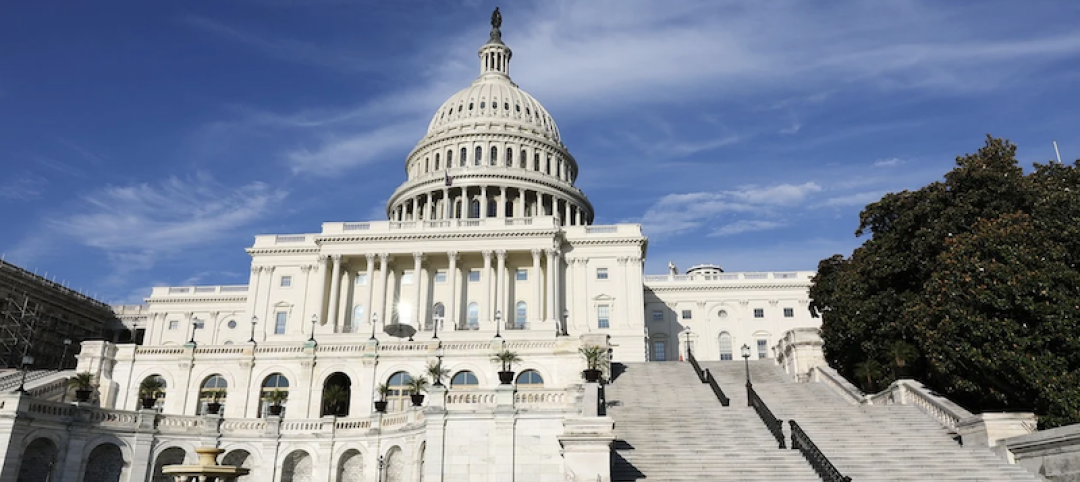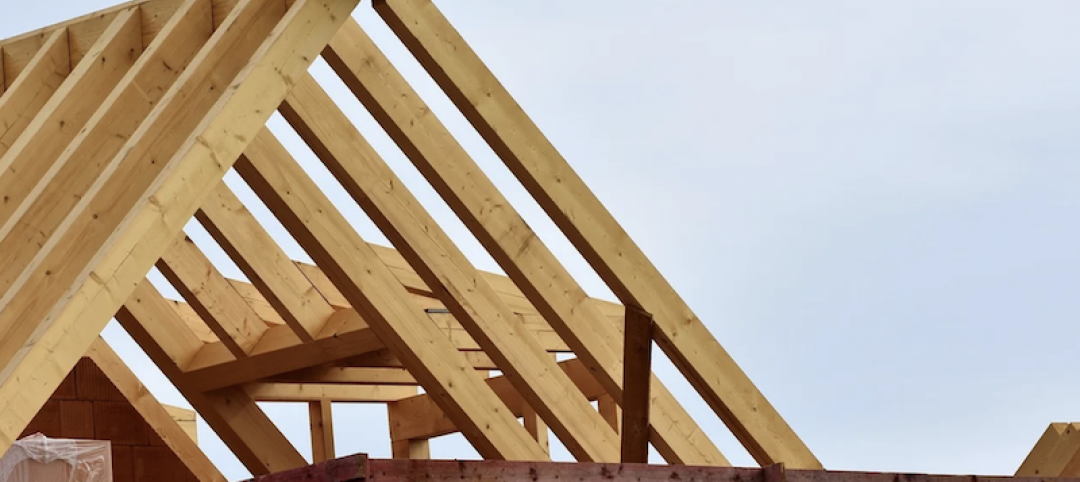The Biden Administration recently released “Decarbonizing the U.S. Economy by 2050: A National Blueprint for the Buildings Sector,” a comprehensive plan to reduce greenhouse-gas (GHG) emissions from buildings by 65% by 2035 and 90% by 2050.
The Blueprint is the first sector-wide strategy for building decarbonization developed by the federal government. It outlines ways to reduce energy in homes, schools, and workplaces.
To reach the emissions reduction targets for the buildings sector, the Blueprint sets four strategic objectives:
• Increasing building energy efficiency
• Accelerating onsite emissions reductions
• Transforming the interactions between buildings and the electricity grid
• Minimizing the emissions from producing, transporting, installing, and disposing of building materials
Each objective has specific performance targets and market, policy, and technology milestones to reach by 2035 and 2050. Meeting these targets will require accelerated deployment of a wide range of decarbonization and energy efficiency technologies. The Blueprint outlines coordinated federal actions that can increase the speed and scale of solutions deployments. Those actions include funding research and development to develop lower-cost technologies, expanding markets for low-carbon technologies, providing direct funding and financing, and supporting the development and implementation of emissions-reducing building codes and appliance standards.
The Department of Energy, a key player in the administration’s decarbonization drive, is focused on building innovations in three pivotal areas: building upgrades, efficient electrification, and smart controls.
Related Stories
Codes and Standards | Jan 11, 2021
Zero Energy Buildings growth driven by government policy, stringent codes, technologies
Restraints include high upfront cost, and lack of universal definition and approaches.
Codes and Standards | Jan 11, 2021
HUD releases new Fair Housing Act design and construction requirements
First update of ‘safe harbors’ in 15 years provides better clarity for design and construction firms.
Codes and Standards | Jan 8, 2021
Court ruling gives UpCodes upper hand in fight over building codes database
Battle over IP property claims by ICC and other codes bodies continues.
Codes and Standards | Jan 8, 2021
Houston creates tax incentives for green stormwater elements
Businesses that install green roofs, rain gardens, permeable pavement, and rainwater harvesting are eligible.
Codes and Standards | Jan 7, 2021
Trump’s classical design aesthetic mandate for federal buildings likely to be felt for years
May limit the number of firms that could compete for contracts.
Codes and Standards | Jan 7, 2021
Workers on some of Virginia’s major construction projects sue subcontractors for wage theft
Projects include new General Assembly Building, outpatient facility at Virginia Commonwealth University.
Codes and Standards | Jan 5, 2021
EPA finalizes first major update to Lead and Copper rule
Will accelerate pace of lead service line replacement.
Codes and Standards | Jan 5, 2021
Flood risk for affordable housing expected to triple by 2050
Some communities will have 90% of their affordable housing at risk.
Codes and Standards | Jan 4, 2021
Ranks of remote workers expected to double in five years
Nearly 23% of employees will work from outside of offices.
Codes and Standards | Dec 28, 2020
CSI and ASTM standards can now be connected through a central location
CROSSWALK web service accesses standards specific to projects from feasibility to turnover.

















